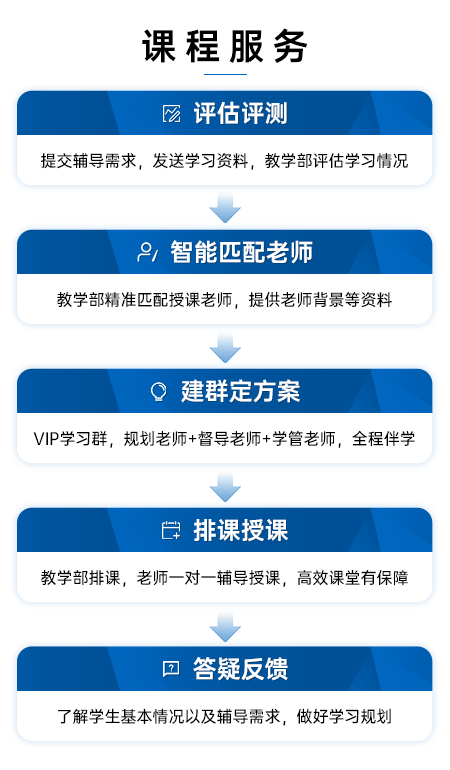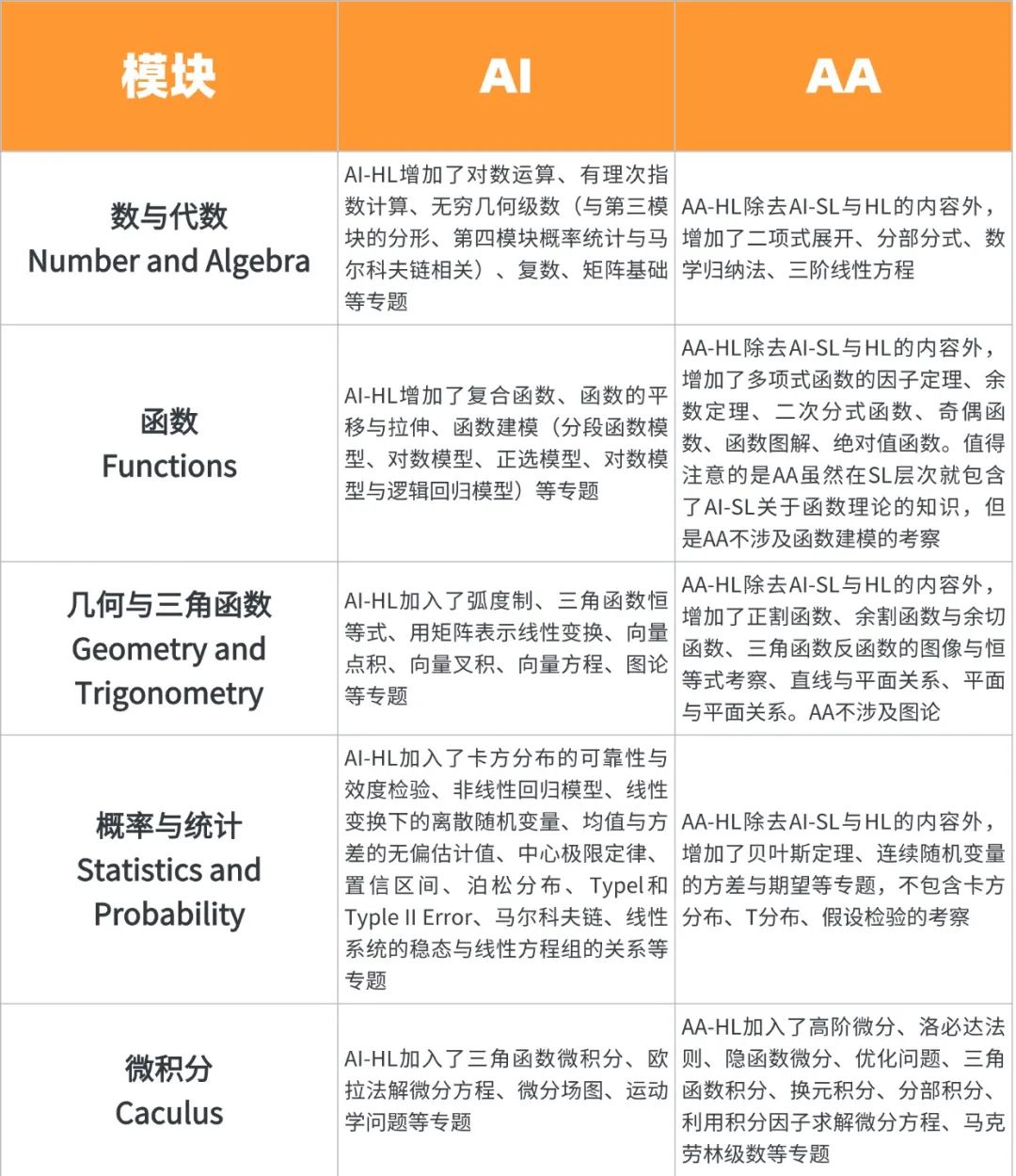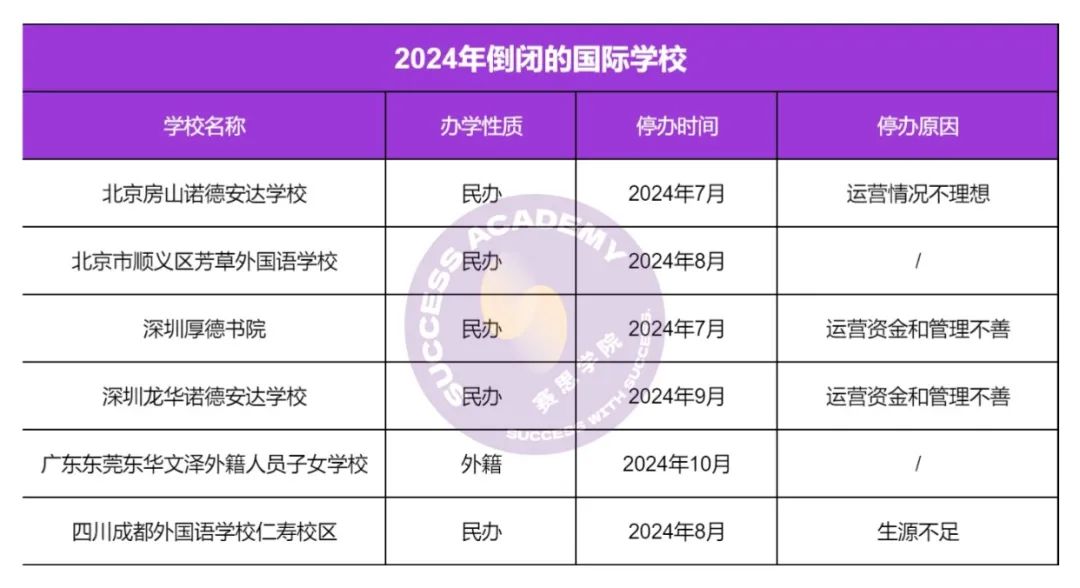2024年12月第一场雅思考试结束了,听力部分难度适中,阅读部分偏难,大家吐槽较多,文章内容较深,就问你黑洞原理和记忆相关知识知道吗?
小作文是常规的表格题,大作文涉及飞机和汽车的比较论证。祝愿所有参与此次考试的考生能够成功与雅思告别!
让我们一起来看看回忆吧~
01、Listening 听力
本次考试中,题型方面没有出现任何意外,均属于常规类型。
P1部分的话题为常规的节日庆祝,单词拼写比较常规,实力选手基本可以稳定满分。
p2部分常规组合题(单选+配对题),自行车题材相关;
p3出现10道单选题,同学们在避免干扰方面和同义替换方面要增加熟练度;
p4是建筑材料相关题材,其中sand,clay等词是高频场景词汇,同学们应该比较熟悉,问题不大。
Part 1
主题:节日
题型:填空
1. festival
2. supermarket
3. school
4. nature
5. cafe
6. Thursday
7. month
8. history
9. factory
10. lake
Part 2
主题:自行车俱乐部
题型:单选+配对
单择:
11. B
12. A
13. B
14. C
15. B
配对:
16. E
17. H
18. A
19. G
20. C
Part 3
主题:职业指导
题型:单选
21. B
22. A
23. C
24. A
25. B
26. A
27. B
28. E
29. C
30. E
Part 4
主题:天然建筑材料
题型:填空
31. foundation
32. sand
33. clay
34. convenient
35. training
36. labor
37. roof
38. insects
39. strength
40. fire
02、Reading阅读
Passage 1
点评:P1部分涉及黑洞题材较难,涉及天文学,同学们在读文章时候注意做题顺序取舍。
主题:Black hole
待回忆
Passage 2
点评:P2话题涉及记忆相关知识,题型方面再次出现标题配对题,难度加大,大家在对段落的主旨以及内部结构方面需要加强,确保得分;单选题和填空题注意定位和识别同义替换。
主题:Memory
题型:标题配对题+单选题+填空题
标题配对题匹配题
14. v
15. iii
16. vi
17. i
18. viii
19. iv
单选题
20. b
21. c
22. a
23. e
填空题
24.stone tools
25.dates
26.water
Passage 3
点评:p3涉及教学法相关知识,难度拉满。组合题的形式,大家可以优先完成有顺序的题目,确保该拿分的拿分。判断题注意不要掉进逻辑陷阱,区分ng和no的差别。单选题注意对应信息的对应,识别同义替换。
主题:Pedagogy
题型:单选题+判断题+匹配题
单选题
27. D
28. A
29. B
30. C
31. D
判断题
32. YES
33. NO
34. NO
35. NOT GIVEN
36. YES
匹配题
37. D
38. A
39. F
40. C
单选题
37.C
38. A
39.D
40.C
03、Writing 写作
TASK 1:表格题
1993和2003年6个行业的男女性别比例。
TASK 2
Long-distance flight consumes the amount of fuel that a car uses in many years and pollutes the air. Some people think that we should discourage non-essential flights, such as tourist travel, rather than limit the use of cars. To what extent do you agree or disagree?
参考提纲:
1. 引言
• 航空和汽车都是环境污染的主要来源。
• 讨论应优先限制非必要航班还是汽车使用。
• 提出观点:优先限制非必要航班更有效。
2. 观点一:长途航班耗油多,污染更严重
• 长途航班消耗的燃料远超汽车,是温室气体的主要来源。
• 国际旅游(非必要航班)占航空业排放的大部分比例。
• 汽车技术(如电动车、混合动力车)正在进步,而航空可持续替代方案仍不足。
3. 观点二:限制航班对日常生活的影响较小
• 对许多人来说,汽车是通勤、医疗和货物运输的必要工具,尤其是在公共交通不足的地区。
• 旅游虽然令人愉快,但并非日常生活的必需品。
• 可通过推动本地旅游或虚拟体验来减少旅游航班的环境影响。
4. 反观点:限制汽车使用也有益
• 汽车的日常使用频率高,限制汽车使用能带来更直接、可见的环境效益。
• 鼓励拼车、骑自行车和使用公共交通能补充环保措施。
• 但忽略了飞机高空排放的长期影响(飞机排放对全球变暖的影响更显著)。
5. 结论
• 尽管汽车和航班都对环境有害,但限制非必要航班(特别是旅游航班)更有效。
• 政府应推广可持续旅行方案,增强公众对航空污染的认识。
• 这一策略既能保护环境,又能避免对日常生活造成不必要的干扰。
参考范文:
Air travel and car usage are both significant contributors to environmental pollution, yet the debate over whether non-essential flights should be discouraged rather than restricting cars has sparked widespread discussion. While both options aim to reduce environmental harm, I believe prioritizing the reduction of non-essential flights is a more impactful and feasible solution.
Firstly, long-distance flights consume a staggering amount of fuel compared to cars. A single long-haul flight can burn as much fuel as a car does over several years, making it a disproportionately large contributor to greenhouse gas emissions. For instance, international tourism, often categorized as a non-essential activity, accounts for a significant share of air travel emissions. Discouraging these non-essential flights could substantially reduce the aviation industry’s carbon footprint. Moreover, advances in car technology, such as electric and hybrid vehicles, have made them more environmentally friendly, whereas sustainable alternatives for long-distance air travel remain underdeveloped.
Secondly, targeting non-essential flights is less likely to disrupt daily life than limiting car usage. For many people, cars are essential for commuting, accessing healthcare, and transporting goods, particularly in areas with limited public transportation. On the other hand, tourist travel, while enjoyable, is not a necessity for most individuals. By promoting alternatives such as local tourism or virtual experiences, governments could help mitigate the environmental impact of leisure travel without imposing significant hardship.
However, some argue that limiting car usage could lead to more immediate and visible environmental benefits, as cars are used far more frequently than planes on a daily basis. Encouraging carpooling, cycling, and the use of public transportation could complement efforts to tackle climate change. While this perspective is valid, it overlooks the long-term impact of high-altitude emissions from airplanes, which trap more heat and contribute more significantly to global warming than ground-level pollutants.
In conclusion, while both cars and flights contribute to environmental problems, discouraging non-essential flights, particularly for tourism, is a more effective approach to addressing climate change. Governments should focus on policies that incentivize sustainable travel options and raise awareness about the environmental costs of air travel. This strategy would achieve meaningful results without unnecessarily disrupting people’s daily lives.















